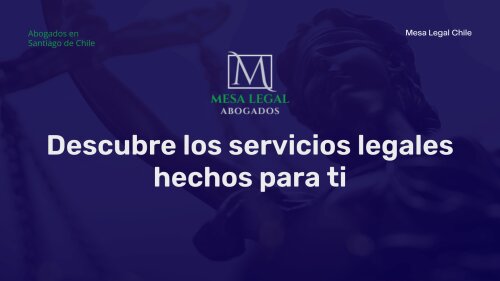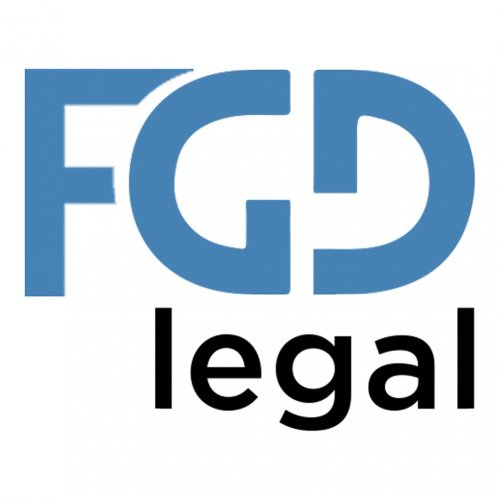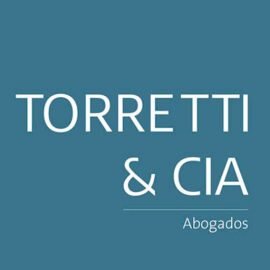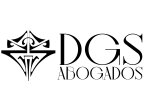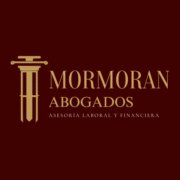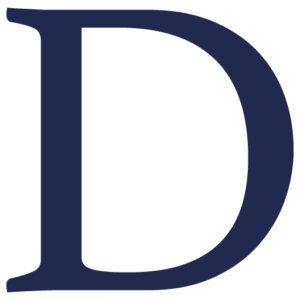Best Antitrust Litigation Lawyers in Chile
Share your needs with us, get contacted by law firms.
Free. Takes 2 min.
Or refine your search by selecting a city:
List of the best lawyers in Chile
About Antitrust Litigation Law in Chile
Antitrust litigation law in Chile refers to the legal processes that address disputes and violations related to competition and market practices. The main objective is to ensure free competition, prevent anti-competitive behaviors, and protect consumers and businesses from unfair market dominance or collusion. In Chile, the enforcement of antitrust laws is primarily managed by designated authorities that investigate, adjudicate, and penalize companies or individuals that breach competition regulations. Antitrust litigation may involve both administrative and judicial proceedings and can encompass a variety of industry sectors.
Why You May Need a Lawyer
Legal representation is often critical in antitrust matters due to the complexity of the laws and high financial stakes. Here are common situations where legal help might be required:
- If your company is accused of participating in price-fixing, market allocation, bid rigging, or similar cartel behaviors.
- When you suspect another company is abusing its dominant market position to unfairly drive out competitors or exploit consumers.
- If your business merger or acquisition is challenged or requires approval due to possible anti-competitive effects.
- When you need to report anti-competitive practices affecting your business or industry sector.
- If regulators initiate an investigation or inspection concerning your commercial activities.
- When facing administrative or judicial proceedings before the Chilean Competition Tribunal or other regulatory bodies.
- To seek compensation for damages caused by proven anti-competitive behavior by third parties.
- If you need advice on compliance programs to avoid violating competition laws.
Local Laws Overview
The main legal framework governing antitrust in Chile is the Decree Law Number 211 (DL 211), which sets out rules to promote and defend free competition. The Fiscalía Nacional Económica (FNE) is the primary investigative authority, while the Tribunal de Defensa de la Libre Competencia (TDLC) is the specialized competition tribunal. Key aspects include:
- Prohibited Practices: DL 211 prohibits agreements or concerted practices that prevent, restrict, or hinder free competition, such as price-fixing, market distribution agreements, or collusion.
- Dominance Abuse: The law sanctions companies that abuse their dominant position, including predatory pricing or exclusionary tactics.
- Merger Control: Certain mergers or acquisitions must be notified to the FNE, which can approve, reject, or request modifications.
- Sanctions: Violations may result in significant fines, orders to cease unlawful conduct, dissolution of companies involved, and, in some cases, criminal liability for individuals.
- Private Actions: Affected parties may seek damages through specific civil actions after a violation is confirmed.
Frequently Asked Questions
What is considered anti-competitive behavior in Chile?
Anti-competitive behavior includes collusion, price-fixing, market allocation, predatory pricing, abuse of market dominance, and other actions that harm free competition as outlined in DL 211.
What authorities oversee antitrust enforcement in Chile?
The Fiscalía Nacional Económica (FNE) investigates suspected anti-competitive conduct, and the Tribunal de Defensa de la Libre Competencia (TDLC) adjudicates and imposes sanctions.
How are mergers and acquisitions regulated?
Certain mergers and acquisitions must be notified to the FNE if they meet specific turnover thresholds. The FNE assesses whether the operation could substantially lessen competition and may impose conditions or block the transaction.
What penalties exist for violating antitrust laws?
Penalties can include substantial monetary fines, orders to alter or stop specific business practices, and in severe cases, dissolution of companies or criminal sanctions for individuals involved in cartels.
Can individuals or small businesses file complaints?
Yes. Any party affected by anti-competitive behavior may file complaints with the FNE and, after a verdict, initiate claims for damages before civil courts.
Does Chilean law address abuse of dominance?
Yes. DL 211 punishes companies that abuse a dominant market position, for example, through exclusionary practices, unfair pricing, or tying arrangements.
What steps should I take if my company is investigated?
Contact a lawyer with experience in antitrust as soon as possible, gather all relevant documentation, and cooperate with authorities within your legal rights. Early legal guidance is crucial.
How long do antitrust investigations take?
The length varies depending on case complexity. Some investigations can conclude in months, while others, especially those involving multiple parties or industries, may last several years.
Are there programs for whistleblowers or leniency?
Yes. Chilean law encourages companies and individuals involved in cartels to come forward and cooperate in exchange for reduced sanctions through a formal leniency program managed by the FNE.
Can an antitrust ruling be appealed?
Decisions of the TDLC can be appealed before the Supreme Court of Chile in accordance with the procedures established in DL 211.
Additional Resources
For further information or assistance, consider the following organizations and resources:
- Fiscalía Nacional Económica (FNE): Responsible for investigating and prosecuting violations of competition law.
- Tribunal de Defensa de la Libre Competencia (TDLC): Specialized tribunal for competition cases in Chile.
- Ministry of Economy, Development and Tourism: Regulatory body involved in competition policy.
- Chilean Bar Association: Lists lawyers specializing in antitrust and competition law.
- Academic centers and legal research groups focused on economic regulation and competition.
Next Steps
If you believe you or your business is involved in or affected by an antitrust matter, consider the following steps:
- Document all potential evidence and information relevant to the suspected anti-competitive conduct.
- Consult with a qualified lawyer experienced in Chilean antitrust litigation as soon as possible for tailored advice and representation.
- Contact local authorities, such as the FNE, if you need to file a formal complaint or report suspicious practices.
- Comply with all requests from regulators and respect legal deadlines for submissions and responses.
- Review your business compliance programs and train employees to ensure ongoing adherence to competition rules.
Taking early, informed action can help ensure your rights are protected and any necessary steps are taken to resolve issues efficiently.
Lawzana helps you find the best lawyers and law firms in Chile through a curated and pre-screened list of qualified legal professionals. Our platform offers rankings and detailed profiles of attorneys and law firms, allowing you to compare based on practice areas, including Antitrust Litigation, experience, and client feedback.
Each profile includes a description of the firm's areas of practice, client reviews, team members and partners, year of establishment, spoken languages, office locations, contact information, social media presence, and any published articles or resources. Most firms on our platform speak English and are experienced in both local and international legal matters.
Get a quote from top-rated law firms in Chile — quickly, securely, and without unnecessary hassle.
Disclaimer:
The information provided on this page is for general informational purposes only and does not constitute legal advice. While we strive to ensure the accuracy and relevance of the content, legal information may change over time, and interpretations of the law can vary. You should always consult with a qualified legal professional for advice specific to your situation.
We disclaim all liability for actions taken or not taken based on the content of this page. If you believe any information is incorrect or outdated, please contact us, and we will review and update it where appropriate.
Browse antitrust litigation law firms by city in Chile
Refine your search by selecting a city.



